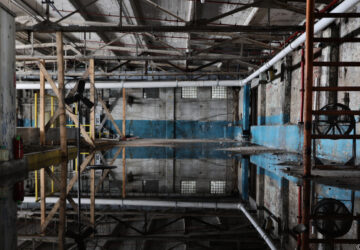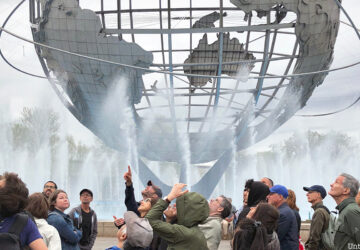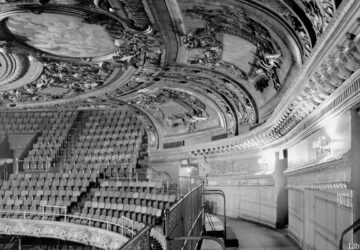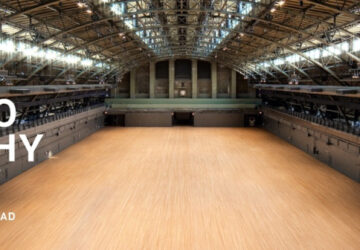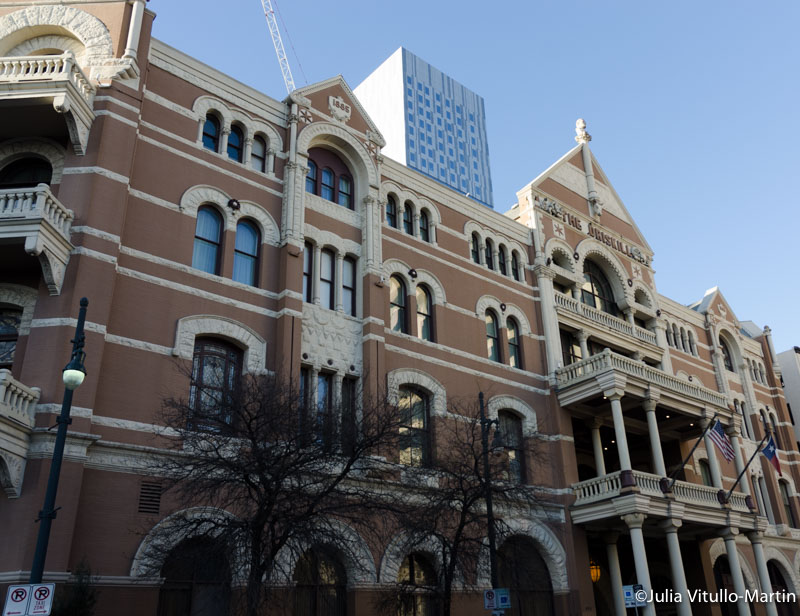
Austin does seem to have it all—good schools, great jobs, a diverse economy including booming tech, and fabulous outdoor living. Using Census Bureau, FBI, and Bureau of Labor Statistics data as well as its own best hospitals and best high schools rankings, US News & World Report created job market, value, quality of life, and desirability indices, plus measures of net migration that ranked Austin at the top of the heap. Austin is young (median age of 33.6), with low unemployment (3.2%) and pretty good housing. Although its housing is priced above the national average it’s far cheaper than most of Austin’s competitors (median home price: $262K).
Austin receives some 22.6 million domestic visitors a year, says its convention bureau, attracted by music, food, and hip events. The upcoming SXSW promises to be sensational, as does October’s Austin City Limits festival. Austin is an amazing mix culturally, recently called by Smithsonian Magazine “the perfect combination of Southern heart, Western spirit, and Yankee intellect.” But it’s also far more than that—its own peculiar phenom marching to its own drummer.
1. “Keep Austin Weird,” surely takes the national title for strangest business slogan.
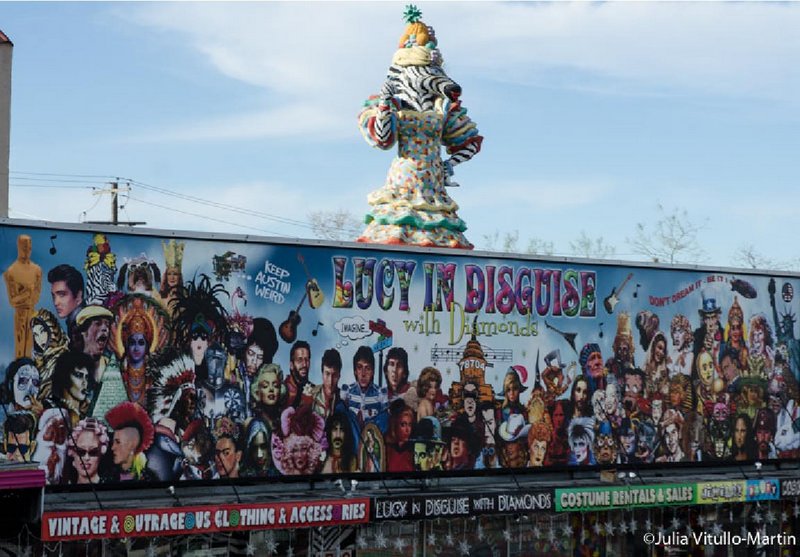
But the slogan is clever and unique and Austin tends to embrace both. Coined by Austin Community College librarian Red Wassenich, it attacks “Austin’s descent into rampant commercialism and overdevelopment,” even while defending unusual, local businesses, however much money they make. In 2002 it became a campaign slogan used by Steve Bercu, owner of the independent bookstore BookPeople, and John Kunz, owner of an independent music store, Waterloo Records. They felt threatened by the proposed arrival of a giant chain, Borders, which was slated to receive city subsidies. In fighting off Borders, they created the Austin Independent Business Alliance (AIBA) to promote local business and to demonstrate their economic contribution. They won. Borders stayed away, and eventually declared bankruptcy. Meanwhile AIBA has some 700 local business members, both the book and music stores are still standing, and Austin is still weird.
Of course another legacy of weird to which Austin can make a serious claim is found in Richard Linklater’s 1991 film, Slacker, which covers a day in the life of Austinite social outcasts and misfits, or, as the New York Times observed, “a collection of eccentrics and lunacies.”
